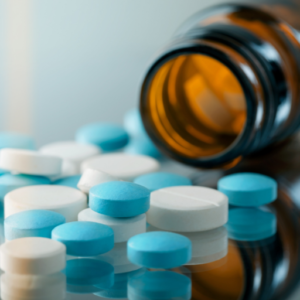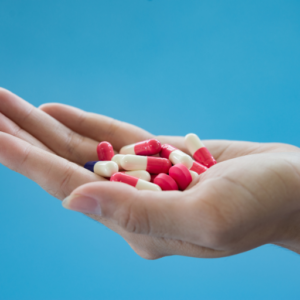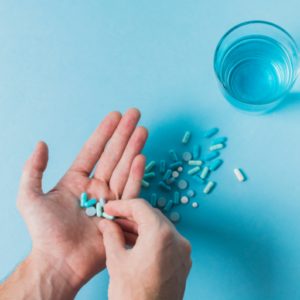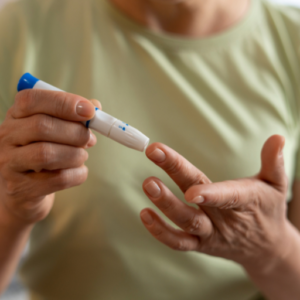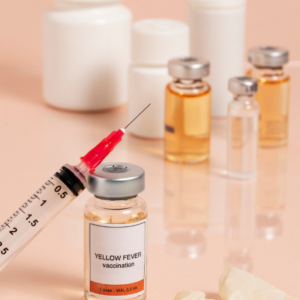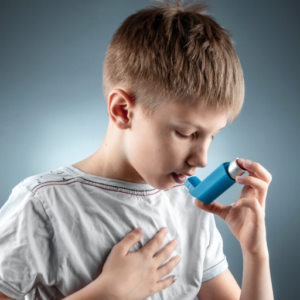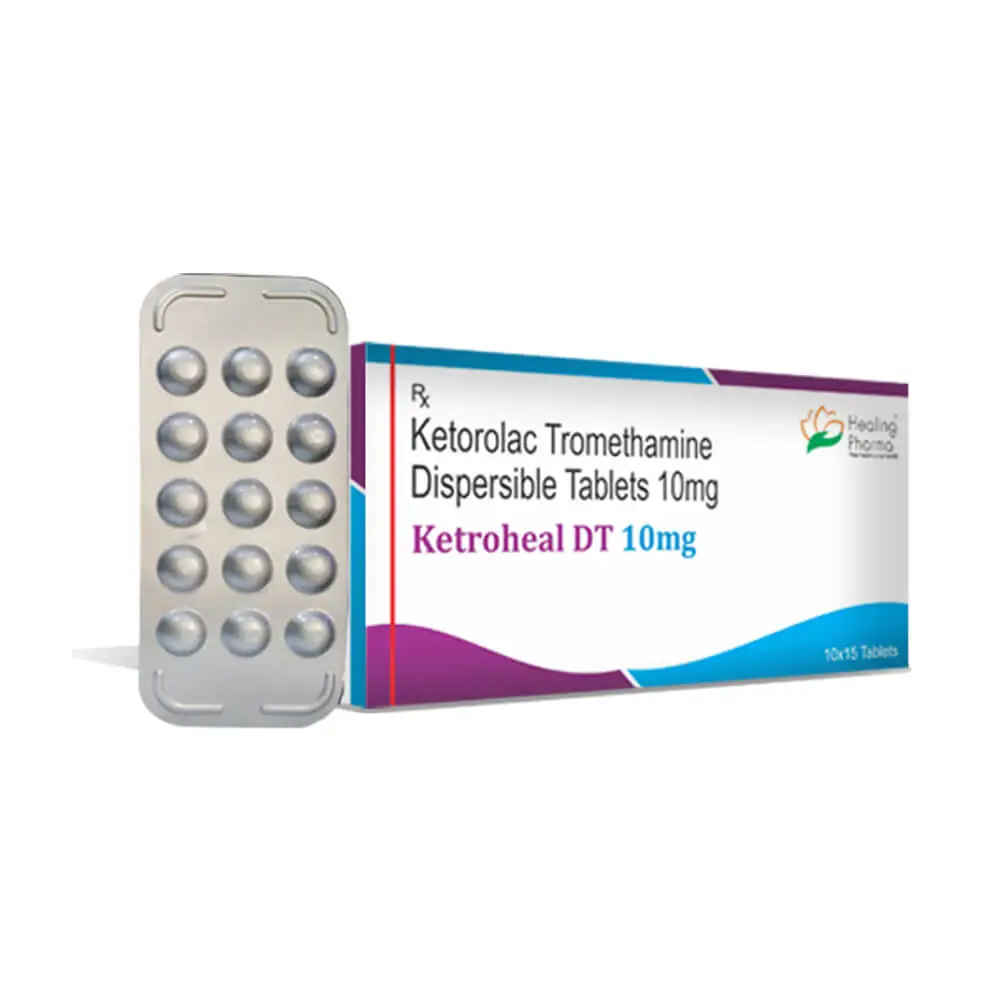Ketroheal DT 10mg
| Package | Per tablet | Savings | Price |
|---|---|---|---|
| 180 tablets | $0.20 | $12 | $48 $36 |
| 150 tablets | $0.21 | $9 | $40 $31 |
| 120 tablets | $0.21 | $7 | $32 $25 |
| 90 tablets | $0.22 | $4 | $24 $20 |
| 60 tablets | $0.23 | $2 | $16 $14 |
| 30 tablets | $0.27 | – | $8 |
What is this medicine?
KETROHEAL DT 10 mg tablet contains Ketorolac tromethamine, a nonsteroidal anti-inflammatory drug (NSAID). It is used for the short-term treatment of moderate to severe pain, usually after surgery. It works by blocking the production of prostaglandins, substances in the body that cause inflammation and pain.
What should I tell my health care provider before I take this medicine?
They need to know if you have any of these conditions:
-
bleeding disorders or if you bruise easily
-
asthma or other breathing problems
-
history of stomach ulcers or gastrointestinal bleeding
-
kidney or liver disease
-
heart disease or high blood pressure
-
fluid retention or swelling
-
if you are taking diuretics or water pills
-
if you have a history of stroke or blood clot
-
if you smoke or drink alcohol regularly
-
an unusual or allergic reaction to ketorolac, aspirin, other NSAIDs, or other medications
-
pregnant or trying to get pregnant
-
breast-feeding
How should I use this medicine?
Take this medicine by mouth with a full glass of water. It may be taken with food or milk if it upsets your stomach. Ketroheal DT is a dispersible tablet, so it can be dissolved in a small amount of water before swallowing, or taken directly with water.
Take your doses at regular intervals as directed. Do not take your medicine more often than prescribed, and do not use for more than 5 days, as longer use can increase the risk of serious side effects.
Overdosage: If you think you have taken too much of this medicine, contact a poison control center or emergency room at once.
What if I miss a dose?
If you miss a dose, take it as soon as you remember. If it is almost time for your next dose, skip the missed dose. Do not take double or extra doses.
What may interact with this medicine?
-
other NSAIDs (ibuprofen, naproxen, diclofenac)
-
aspirin or salicylates
-
anticoagulants (blood thinners like warfarin)
-
corticosteroids (like prednisone)
-
lithium
-
methotrexate
-
SSRIs or SNRIs (antidepressants like fluoxetine, sertraline, venlafaxine)
-
diuretics or water pills
-
ACE inhibitors or ARBs for blood pressure
-
cyclosporine
-
alcohol
This list may not describe all possible interactions. Give your health care provider a list of all the medicines, herbs, non-prescription drugs, or dietary supplements you use. Also tell them if you smoke, drink alcohol, or use illegal drugs. Some items may interact with your medicine.
What should I watch for while using this medicine?
-
Visit your doctor for regular follow-up to monitor for side effects, especially if used close to the 5-day maximum limit.
-
Do not take other painkillers without your doctor’s approval.
-
Avoid alcohol while using this medicine — it increases the risk of stomach bleeding.
-
Notify your doctor if you have black or bloody stools, vomit that looks like coffee grounds, severe stomach pain, or signs of kidney trouble (e.g., change in urine output).
-
Do not drive or operate heavy machinery if the medicine makes you dizzy or drowsy.
-
Avoid use in the last trimester of pregnancy — it may harm the unborn baby.
What side effects may I notice from this medicine?
Side effects that you should report to your doctor or health care professional as soon as possible:
-
signs of allergic reaction (rash, itching, swelling, difficulty breathing)
-
stomach pain, heartburn, or ulcers
-
black, tarry stools or blood in the stool
-
vomiting blood or material that looks like coffee grounds
-
yellowing of skin or eyes (jaundice)
-
unusual bleeding or bruising
-
difficulty urinating or changes in urine output
-
swelling in hands, ankles, or feet
-
chest pain or shortness of breath
Side effects that usually do not require medical attention (report if they continue or are bothersome):
-
nausea
-
headache
-
dizziness
-
indigestion
-
drowsiness
-
upset stomach
This list may not describe all possible side effects.
Where should I keep my medicine?
-
Keep out of the reach of children.
-
Store at room temperature between 20 and 25 degrees C (68 and 77 degrees F).
-
Keep away from moisture and direct heat.
-
Do not use after the expiration date.
-
Properly discard any unused or expired medication.




